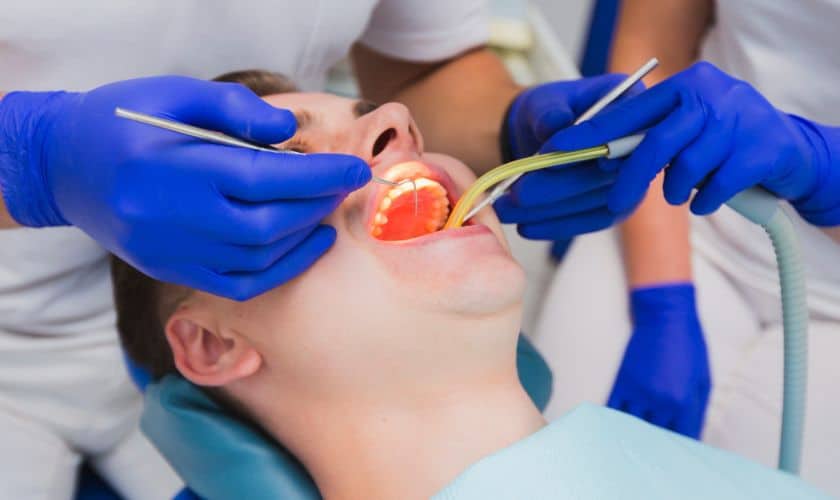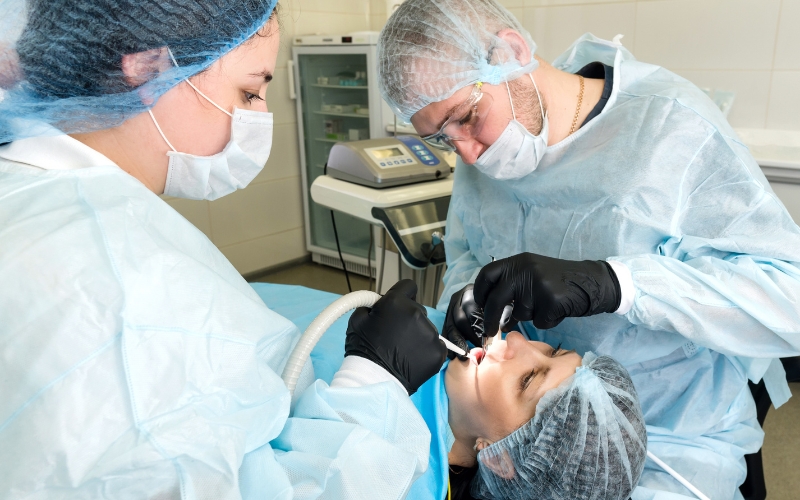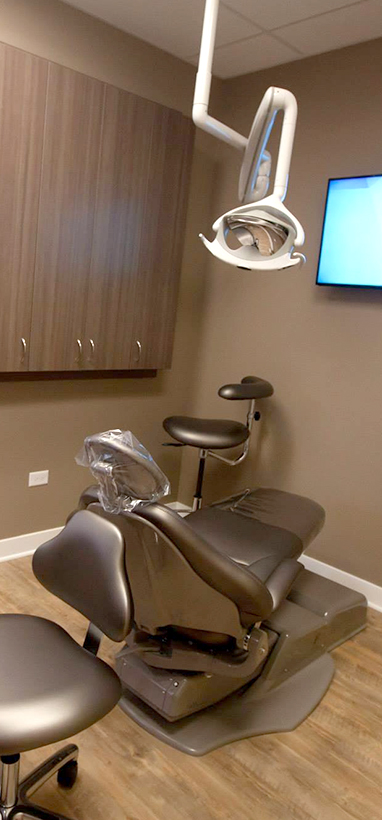1516 Legacy Cir, Naperville, IL 60563
Does Insurance Cover Oral Surgery in Naperville?

Welcome to an informative journey through the realm of oral surgery insurance coverage in Naperville. To make well-informed choices about your oral health, it’s crucial to have a grasp of insurance policies. In this article, we dive deep into the fundamental aspects of whether insurance plans typically cover oral surgery procedures. From comprehending various insurance types to examining the common factors affecting coverage, our goal is to shed light on the complexities of oral surgery insurance. With this knowledge, you’ll be better equipped to make informed decisions and secure the oral healthcare you require in Naperville.
What Is Dental Insurance?
Dental insurance primarily covers oral health-related procedures, including routine dental care, preventive services, and certain oral surgeries. It often includes coverage for tooth extractions, wisdom teeth removal, and dental implant-related procedures.
Factors Influencing Dental Insurance Coverage
Source – Center for Cosmetic Dentistry
- Type of Procedure:
Coverage can vary based on whether the oral surgery is considered a routine dental procedure or a more complex medical intervention. Minor procedures like tooth extractions may have different coverage than major surgeries like jaw reconstruction.
- Insurance Plan Details:
The specifics of your insurance plan play a crucial role in determining coverage. Some plans might have exclusions or limitations on certain oral surgeries. Checking your plan’s terms and conditions is essential to understand what is covered.
- Pre-authorization and Referrals:
Certain procedures may require pre-authorization from the insurance provider before the surgery can be covered. Referrals from a dentist in Naperville or physician might also be necessary for coverage. Following proper procedures ensures that your surgery is eligible for insurance benefits.
Common Oral Surgeries and Coverage:
- Tooth Extractions:
Dental insurance typically covers tooth extractions, especially if they are necessary for oral health reasons such as decay or infection. Some medical insurance plans might also cover extractions if they are deemed medically necessary.
- Wisdom Teeth Removal:
Coverage for wisdom teeth removal can vary based on factors like the degree of impaction and the necessity of the procedure. Dental insurance might cover impacted wisdom teeth removal if they cause pain or oral health issues, while medical insurance could potentially cover impacted wisdom teeth that lead to medical complications.
- Dental Implants and Bone Grafts:
Dental insurance may provide coverage for dental implant-related procedures like placing implants and bone grafts. However, there could be exceptions or limitations based on your specific plan. It’s important to inquire about coverage and potential out-of-pocket costs for these procedures.
Navigating Dental Insurance Policies:
- Contacting Your Insurance Provider:
Reach out to your insurance provider to clarify coverage details for specific oral surgery procedures. Ask about pre-authorization requirements, referrals, and any potential limitations. This direct communication helps you understand what to expect regarding coverage.
- Obtaining Cost Estimates:
Before undergoing oral surgery, request cost estimates from the oral surgeon’s office. These estimates can help you plan financially and make informed decisions about the procedure. Comparing these estimates with your insurance coverage will give you a clearer picture of potential out-of-pocket costs.
Navigating insurance coverage for oral surgery in Naperville requires understanding the nuances of different insurance types, procedure specifics, and plan details. By proactively communicating with your insurance provider, obtaining cost estimates, and maintaining thorough documentation, you empower yourself to make informed decisions and secure the oral healthcare you need with confidence.










